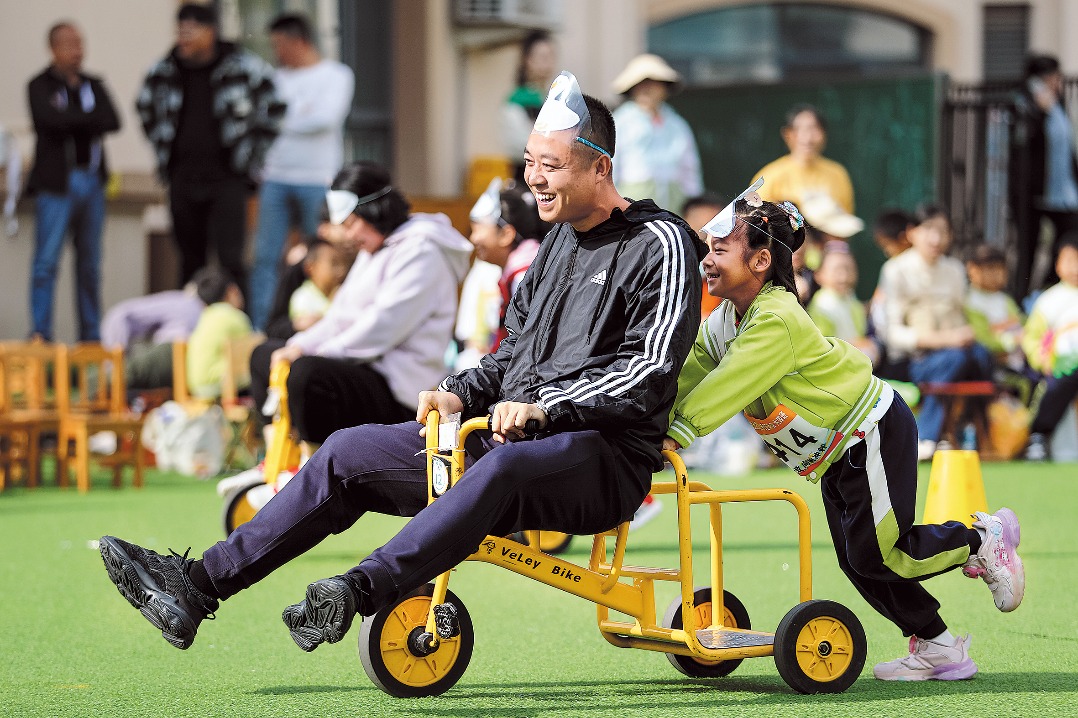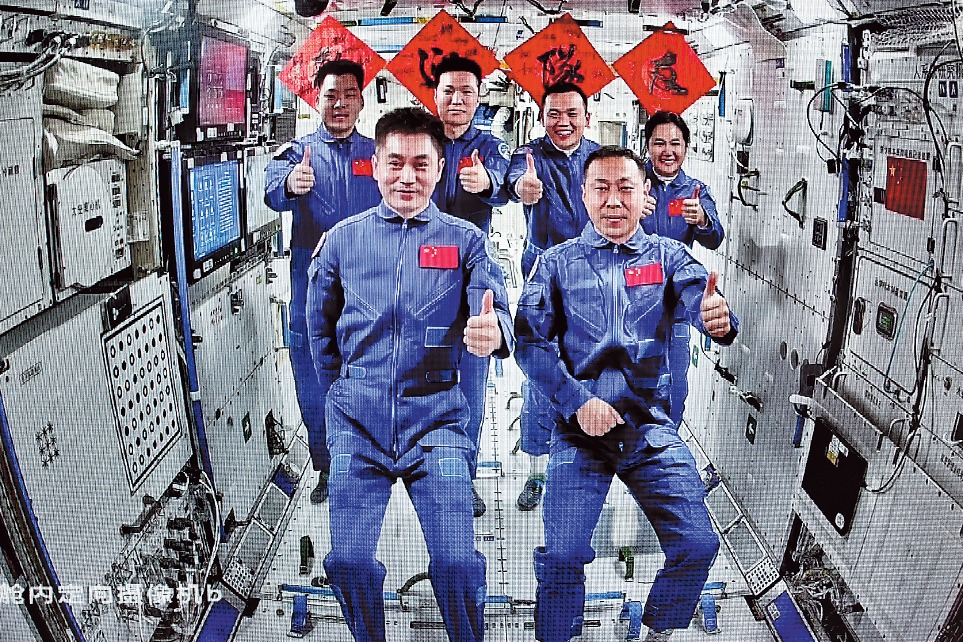Heritage crafts thrive in digital era


Great potential
Jason Yu, general manager of consultancy Kantar Worldpanel China, said the number of consumers favoring intangible cultural heritage, and the amount they spend on it, demonstrate a clear growth trend as their recognition of traditional Chinese culture deepens.
"From being satisfied with sufficient food and clothing, to achieving moderate prosperity and on the way to becoming wealthy, Chinese people develop a strong demand for cultural consumption," he said.
On the supply side, more products have moved online. E-commerce platforms are also promoting products related to intangible cultural heritage by establishing special channels. Inheritors, who previously ran individual workshops or offline stores, are increasing their influence through authorized channels and support from reputable platforms.
Yu sees great potential for the sector, which covers a wide range of products and has high commercial and social value.
Li Yuanyuan, deputy director of the National Base for International Cultural Trade (Beijing), said cultural commodities closely linked to people's lives, such as food, other daily necessities and souvenirs, are the most popular items for online sales.
"E-commerce platforms have widened their sales channels, but without good quality, they won't be accepted by the market," she said, adding that craft workers now need to meet higher artistic standards.
Li said the unique cultural and time-honored qualities of products need to be maintained to avoid similar items being produced.
Kathy Jiang, principal at consultancy Roland Berger, said continuous consumption upgrading and the rising popularity of Chinese products have driven the rapid development of items related to intangible cultural heritage.
In addition to selling online, some inheritors also try their hand at livestreaming, online games and collaborating with celebrities to promote their products, she said.
Jiang added that they also need to balance tradition with innovation that caters to consumers, and also observe the spirit of patience and perseverance among craft workers, instead of seeking short-term profit.
"E-commerce is a good engine for driving development of intangible cultural heritage, but to maintain market vitality, overconsumption and poor quality should be avoided," she said.
Wang Jin in Guiyang contributed to this story.























